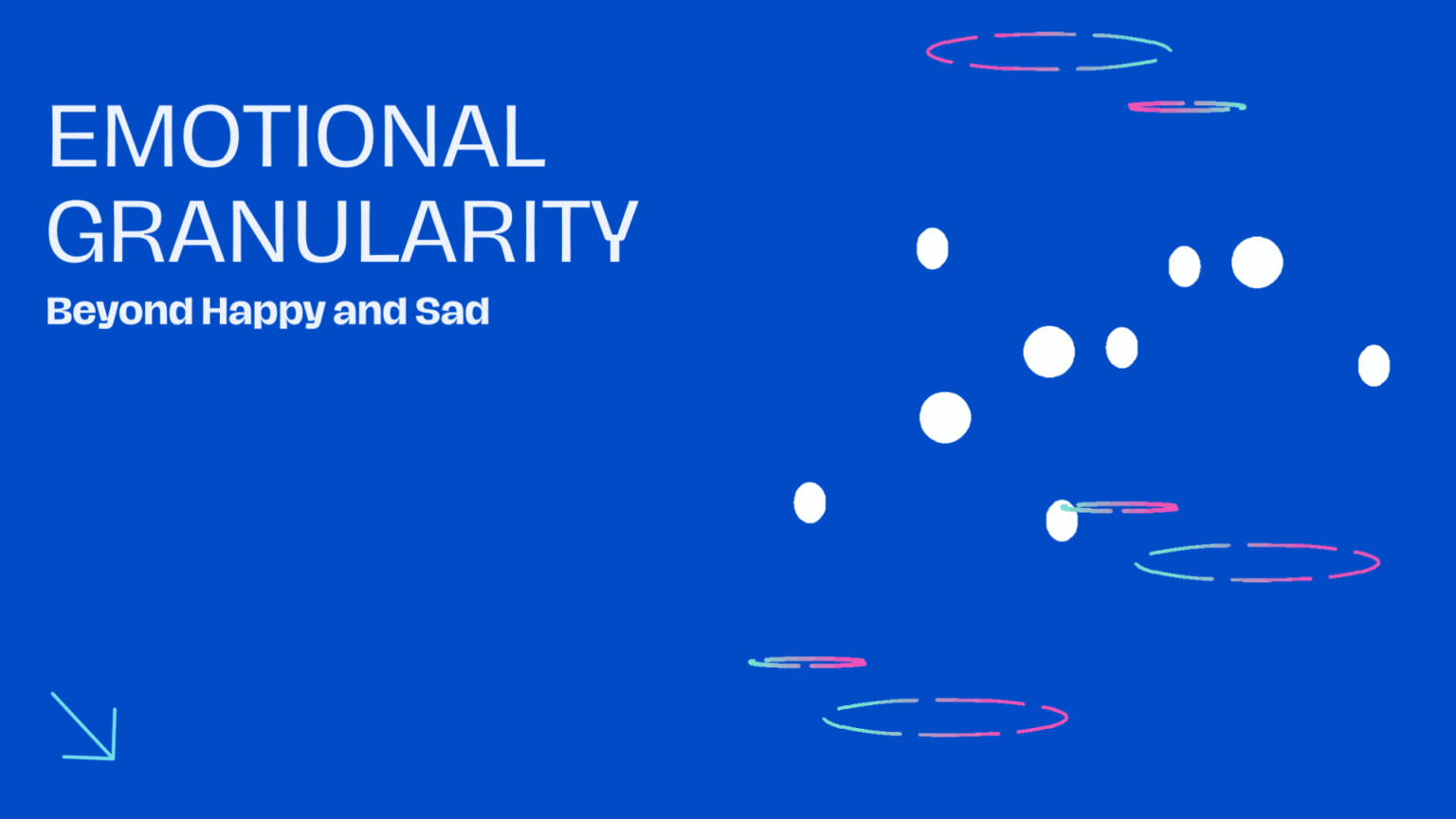Improving Mental Health through Online Communities and Apps
Mental health problems affect many people across the world, and finding an appropriate support system can often be a challenging task for those who are suffering. Traditional mental health services have been used to provide essential support but can often be limited in providing sufficient accessibility, flexibility, and anonymity for patients who may be struggling to cope with their mental health conditions. The rise of online communities and social networking apps has provided new opportunities for people to connect, share information and express their feelings while dealing with their mental illness. In this article, we’ll explore the role of these communities and apps in promoting mental well-being and recovery.
The Importance of Online Communities for Mental Health
How do online communities help promote mental health?
Online communities have been instrumental in promoting mental health by providing spaces for individuals to connect and share their experiences and struggles. The communities often have members with shared interests, illnesses, or experiences, allowing them to understand each other’s concerns better.
What are some examples of popular mental health online communities?
There are several popular mental health online communities, such as Huddle, Big White Wall, and Daily Strength. These communities provide platforms for people dealing with mental health conditions like depression, anxiety, and post-traumatic stress disorder (PTSD) to share their stories and connect with others.
How do these online communities differ from traditional mental health support systems?
Online communities provide unique support for mental health that differs from traditional approaches. Communities are available 24/7, allowing individuals to share experiences and provide and receive support at any time. Traditional mental health support systems may have restricted availability and can be difficult to access quickly.
The Role of Social Network Apps in Mental Health Support
What kind of social network apps can be used for mental health support?
Several social network apps have been designed for mental health support. Apps like TalkLife, Wisdo, and 7 Cups provide online platforms for individuals to connect anonymously, communicate their thoughts, and seek support from peers.
How are these apps being used to improve health and well-being?
Social network apps enable individuals with mental health conditions to engage with others, share experiences, and access support. These apps can help those in need by decreasing social isolation and increasing social interaction both online and offline. Apps like these may help individuals cope and assist in their journey to recovery.
What are the potential risks of using social network apps for mental health support?
While some social network apps have been designed to support mental health, others may exist primarily for social interaction or entertainment. The use of inappropriate or misleading information on these apps may cause further harm or exacerbate underlying conditions. Additionally, there may be concerns over privacy, confidentiality, and the protection of sensitive information associated with using social network apps for mental health support.
Social Support for People with Mental Health Problems
What is social support, and why is it important for people with mental health problems?
Social support is the provision of emotional, informational, and tangible assistance through social networks. Social support helps individuals maintain a positive self-image, reduces the effects of stressful life events, and helps manage the symptoms of mental illness. Individuals with supportive networks often show better treatment outcomes.
How are online communities providing social support for people with mental disorders?
Online communities provide social support for individuals living with mental illness by providing opportunities to connect with others who have shared experiences, providing a supportive environment, and increasing knowledge on mental health conditions. Communities provide a sense of belonging and acceptance, which can be especially valuable for individuals dealing with mental illness.
What are the benefits and drawbacks of using online communities for social support?
Online communities provide numerous benefits, like accessibility, anonymity, and round-the-clock support. However, drawbacks of online communities include the provision of inaccurate or misleading information and potential loss of privacy and confidentiality.
The Future of Mental Health Research and Practice in Online Communities and Apps
What further research is needed to better understand the role of online communities and apps in mental health support?
The role of online communities and apps in promoting mental health and well-being is diverse and complex. More research is needed to determine the best practices and approaches to provide accurate, safe, and effective mental health services via online communities and apps.
What are some potential benefits to public health in using social network technology?
Social network technology provides vast opportunities to reach and influence large audiences, which can be used for public health messaging on mental health stigma reduction, treatment, and other important aspects of mental health education. Social networks have the potential to take on a necessary role in public health interventions and prevention initiatives.
How can mental health professionals be better trained to utilize online communities for mental health support?
Training in the use of online communities and social network apps can provide helpful tools for mental health professionals as they support individuals. Training should focus on the appropriate uses, risks, and ethical considerations that come with providing mental health support online.
Q: How do online communities and apps contribute to mental health support?
A: Online communities and apps can provide a platform for individuals to connect and support one another, share experiences and resources, access mental health information and services, and improve their mental health and wellbeing. They can also serve as a means of reaching and engaging with individuals who may not otherwise seek help.
Q: What is the impact of social media on mental health?
A: Research in this area remains inconclusive, with studies showing both positive and negative effects of social media use on mental health outcomes. Factors such as type and frequency of use, the individual’s pre-existing mental health difficulties, and the quality of social relationships on these platforms can all influence the impact social media has on mental health.
Q: How can online communities and apps help address social isolation?
A: By providing a platform for individuals to connect and form supportive relationships with others who share similar experiences or challenges, online communities and apps can help reduce social isolation and promote social connectedness. They can also facilitate access to mental health professionals and resources that may not be available locally.
Q: What are some of the challenges associated with using social media for mental health support?
A: Some challenges include potential privacy concerns, lack of regulation, misinformation, and the possibility of online communication exacerbating existing mental health symptoms. There is also a need for more research in this area to determine the most effective ways to use social media for mental health promotion and support.
Q: How can online communities and apps facilitate communication between mental health professionals and users?
A: These platforms can enable mental health professionals to provide support, advice, and resources to users in real-time and in a way that is more accessible and convenient. They can also be used to monitor symptoms and track progress over time.
Q: What is the current state of research in this area?
A: Research on the use of online communities and apps for mental health support is a rapidly growing field, with much of the current research focusing on the impact of social media on mental health outcomes. However, more research is needed to determine the most effective ways to use these platforms for mental health promotion and support.
Q: Can online communities and apps be used as a form of health promotion for individuals with mental health difficulties?
A: Yes, they can be used to promote positive mental health and wellbeing, provide information and resources on mental health, and facilitate access to local mental health services. They can also help reduce stigma and promote understanding of mental health difficulties.
Q: What is the impact of social anxiety on the use of online communities for mental health support?
A: Social anxiety can make it difficult for individuals to connect with others online, particularly in larger groups. However, smaller, more focused groups may be better suited to individuals with social anxiety and can help reduce feelings of social isolation.
Q: What is the World Health Organization’s stance on the use of social media for mental health support?
A: The World Health Organization recognizes the potential of digital technologies, including social media, to support mental health and wellbeing. However, they also emphasize the need for regulation and best practice guidelines to ensure safe and effective use of these technologies.
Q: What is the role of health providers in promoting the use of online communities and apps for mental health support?
A: Health providers can play a key role in promoting the use of these platforms by educating patients on their benefits and risks, and providing guidance on how to use them safely and effectively. They can also advocate for the integration of online communities and apps into existing mental health services.










